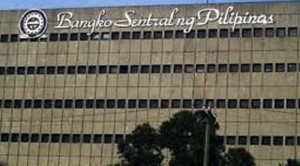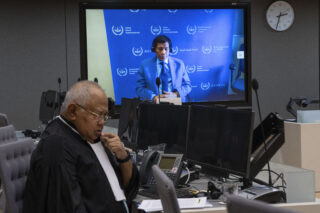More money entered the country than what went out in May, a reflection that emerging markets have started to regain their attractiveness to foreign investors.
Documents from the Bangko Sentral ng Pilipinas (BSP) showed the country’s balance of payments (BOP) swung from a deficit to its highest surplus since December last year.
The monthly BOP position is a summary of all the country’s transactions with the rest of the world.
Counted in the BOP are various inflows and outflows. Among the sources of inflows are remittances from overseas Filipino workers (OFWs), revenue from the business process outsourcing (BPO) sector and income from exports. Outflows include money to buy imports, foreign debt payments and investments that leave the country’s shores.
A surplus means more money came in than what left during a given period. A deficit means more money left.
Official data for these components in the BOP have not yet been released, save for foreign portfolio investments or “hot money.” The BSP last week reported that net hot money inflows reached $545.08 million in May, better than the previous month’s $640.84-million net outflow.
The BOP surplus for May reached $373 million, the best month since December last year, when the surplus reached P419 million. The last BOP surplus was recorded in February when net inflows reached $345 million.
BSP Governor Amando M. Tetangco Jr. said on Thursday an increase in dollars entering the economy was noted in the central bank’s foreign exchange operations, referring to the monetary authority’s buying and selling of dollars.
With official data on where these dollars might have come from still to be released, Tetangco said these inflows could have been remittances from OFWs, which were expected to grow at least 5 percent this year.
In April, the country’s BOP position was at a deficit of $19 million. Year-to-date, the country was still at a deficit of $4.12 billion.
Earlier this year, the inter-agency Development Budget Coordination Committee (DBCC) said it expected the country to post a $3-billion BOP surplus in 2014, slightly lower than last year’s $5 billion. New DBCC macroeconomic assumptions are scheduled for release this month.



